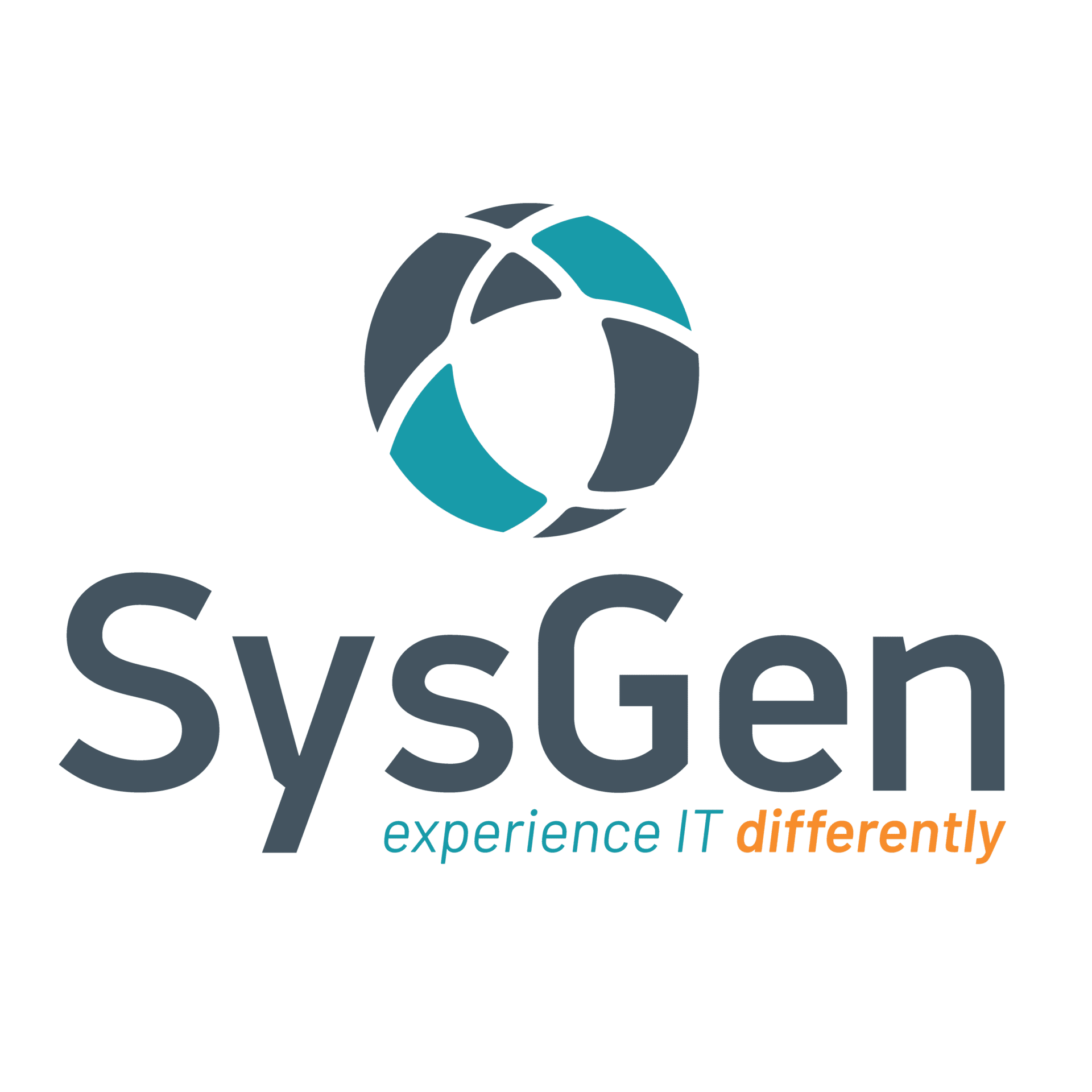We’ve discussed three things you should ask when choosing an email solution to help determine the best option for your company’s budget, privacy, and collaboration. Now we’ll explore computers in the workplace.
Anticipating purpose, price point, and longevity requirements are crucial to choosing the right computer. To enhance your productivity, reduce frustration, and maintain equipment longevity, here’s how to choose the right computer.
One of the best and easiest choices you can make is choosing a business-grade computer over a consumer-grade workstation – the ones you find at local retail stores. Business-grade computers have commercial appropriate features and applications while consumer-grade specifications simply won’t cut it for your company’s day-to-day operations. While it’s tempting to purchase a consumer-grade workstation at a minimal price, you’ll get what you pay for since these lower grade computers aren’t meant to connect to enterprise networks (and in many cases can’t).
Purpose
A key factor in ensuring computer satisfaction is anticipating its purpose. You’ll need to know how intensive workstation use will be. When you ask yourself what this computer is going to do, think about which applications will be used, the maximum amount of memory required for this use, and how long and often this type of use will occur.
If you’re in IT, finance, engineering, or graphic design, you’re highly reliant on programs that take up large amounts of computing power and memory. With the use of advanced applications, it’s important to place a high value on memory, processing power, and a video card. These are crucial features of a fully functioning computer.
An additional factor to consider is whether you need scalability – the ability to increase your computer’s workload capacity by adding on additional hardware or software. Anticipating whether you might need to increase computing power in the future is key since not all business-grade workstations have the ability to be upgraded.
If you’re in a less application intensive role, such as administration, HR, or communications, underestimating the value of memory, processing power, and video card will not cause as much harm to your computer capabilities. When using simple applications, you have the liberty to prioritize almost any workspace option.
Mobility is another key question to consider – do you need to be able to work outside of the office? Almost 40% of the global workforce is mobile and this percentage is only going to increase in the coming years. Flexibility in the workplace is becoming an increasingly important factor in enhancing productivity and employee satisfaction. Consider your business continuity needs, whether you need to travel for work, or work from home.
After you’ve determined whether you’re a simple or complex application user as well as your mobility requirements, finding a comfortable price point is a next step.
Price Point
Computers range anywhere from $500 to $2,500, so it’s important to understand your budget before getting sold on a particular piece of equipment. Based on your price point, you’ll be able to get more or less of the quality of features you’re looking for. You’ll need to prioritize features that are essential to enhancing workplace performance, depending on whether you’re a simple or complex application user and what the computer’s function is in the office.
Computer purpose and price point aren’t the only factors to consider when choosing the right computer. Deciding on how long you want the equipment to be in use can play a big role in choosing the right option.
Longevity
Computers are expected to last anywhere from three to five years. However, the equipment warranty period is the true determinant of how long you can anticipate the workstation to be functional.
Is it worth getting more than the basic manufacturer warranty? If you’re looking to maximize the computer lifespan, you may want to consider an extended warranty to ensure your company gets the anticipated longevity out of the machine. Or, are you willing to risk the cost of replacement over the machine’s lifespan with a basic warranty?
Longevity is directly correlated to the functionality of your computer, so you’ll need to consider whether you need the latest model for a particular application or purpose and the wear and tear caused by day-to-day business operations.
With price point, purpose, and longevity in mind, you should also think about where technology is headed in the future. Computer data has tripled in the past three years and is expected to continue to grow exponentially. Additionally, screen resolution and refresh rates are climbing the charts. Are these features crucial for your business to keep up-to-speed on, or can you wait for another three to five years for the latest features?
Choosing the Right Computer
Once you’ve determined your computer’s functions, price point, and longevity requirements, picking the device is next. Whether desktop, laptop, or tablet sounds most appealing, remember to ask yourself about the computer’s role, which applications will be used, what memory is required for this use, and how long and often this type of use will occur. Choosing the right computer should enhance productivity, reduce frustration, and maintain longevity.
How We Can Help
Choosing the right computer is not a simple task. You need to understand what applications and functions are essential for day-to-day operations, your company’s budget, and what longevity is expected from the equipment. SysGen can recommend the best IT solutions to ensure you get the most out of your workstation.
Find SysGen’s IT support and managed IT services in Calgary, Edmonton, Red Deer, Vernon, and Kelowna. Learn more about SysGen’s cloud offering, cybersecurity services, managed security, and Digital Advisory team by clicking here.


